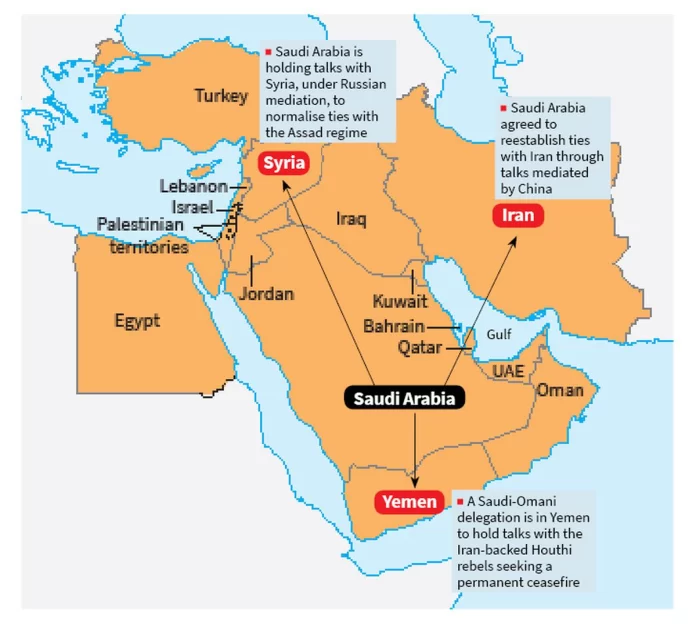The reasons for the shift in Saudi Arabia’s foreign policies lie mainly in the changes which have occurred in the historical alliance between Riyadh and Washington in recent years.
Although American officials argue that Saudi Arabia’s efforts to deepen the partnership with China are primarily aimed at pressuring the US to show a clear commitment to Saudi Arabia’s security, which in some respects appears realistic. The latest relations between Riyadh and Beijing actually go beyond this objective. In addition to the importance of the economic and trade dimension in the new partnership between Saudi Arabia and China, Riyadh is working to exploit this partnership to enhance its regional interests.
The strong relations between China and Russia with Iran help Saudi Arabia invest in its partnerships with Beijing and Moscow to pressure Tehran to act responsibly in its policies in the region. Its partnership with the US has shown that it was not enough for it as it should be, to achieve this goal.
Therefore, the pillars of the new Saudi foreign policy can now be summarised in three principles: diversification of economic and political partnerships with major powers, avoiding any failure in global geopolitical competition, and managing rivalries with active regional powers such as Iran and Türkiye. The effectiveness of this policy will depend primarily on Saudi Arabia’s ability to carefully balance its alliance with the US and its new partnerships with China and Russia. It is something which is increasingly difficult for medium-sized powers in the era of global geopolitical competition.
[by Mahmoud Allouch in Aljazeera]
Compiled and Translated by Faizul Haque




